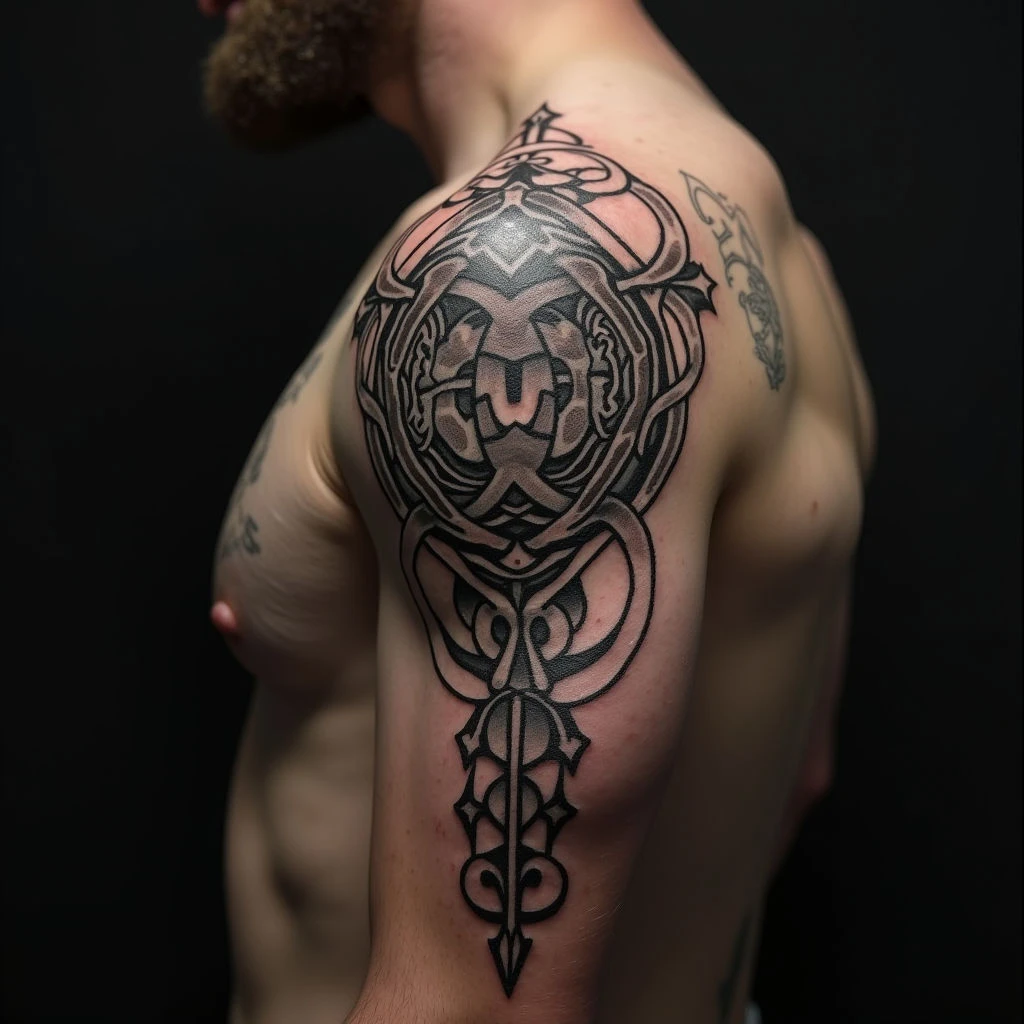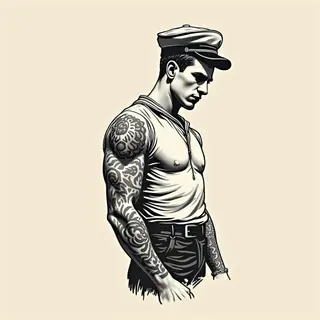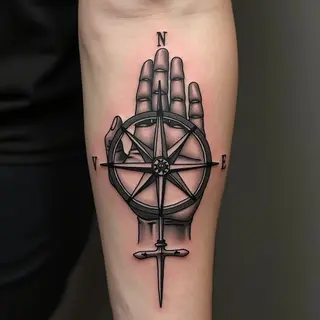The Meaning Behind Celtic Tattoos
A Deep Dive into History and Symbolism
Celtic tattoos are more than just beautiful artwork; they're steeped in history and brimming with symbolism. Originating from the ancient Celts, who inhabited parts of Europe thousands of years ago, these symbols represent a deep connection to nature, spirituality, and ancestral heritage.
Understanding Celtic Symbolism
Here's a breakdown of common Celtic symbols:
- Celtic Knotwork: Often interwoven and continuous, knots symbolize eternity, interconnectedness, and the cyclical nature of life. The Trinity Knot represents the three aspects of the Goddess or the Holy Trinity in Christianity.
- Spirals: Represent growth, expansion, and spiritual journeys. Single spirals signify individual evolution while double spirals represent duality and balance.
- Animals (Deer, Wolves, Eagles): Animals hold specific meanings within Celtic culture. Deer symbolize gentleness and grace, wolves represent loyalty and family, and eagles embody strength and freedom.
- Deities (Druids, Gods/Goddesses): Tattoos depicting Celtic deities such as Dagda or Morrigan can express reverence for ancient beliefs and traditions.
Design Ideas
Let's explore design ideas for both men and women.
Design Ideas for Men
The placement of Celtic tattoos is often strategic. Popular locations include the upper arm, shoulder, back, and chest. Designs can range from minimalist knotwork to elaborate depictions of animals or deities.
Design Ideas for Women
Women's Celtic tattoos frequently incorporate floral elements like roses or thistles alongside traditional symbols. Placement options are similar to men’s, but designs may be smaller and more delicate.
Care & Aftercare
Proper aftercare is crucial for preserving the vibrancy and longevity of a Celtic tattoo. Keep the area clean with antibacterial soap and moisturize regularly. Avoid sun exposure until fully healed.


